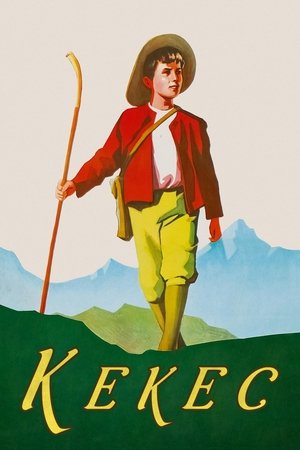

Slowenien zwischen den Zeilen Literatur und Identität von den Alpen bis zur Adria(NaN)
Movie: Slowenien zwischen den Zeilen Literatur und Identität von den Alpen bis zur Adria

Slowenien zwischen den Zeilen Literatur und Identität von den Alpen bis zur Adria
HomePage
Overview
Release Date
Average
7
Rating:
3.5 startsTagline
Genres
Languages:
EnglishDeutschSlovenščinaKeywords
Similar Movies
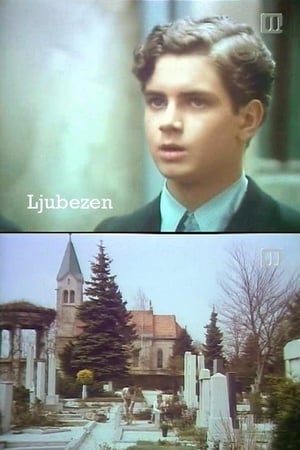 6.0
6.0Love(sl)
In 1940, shortly before the outbreak of war, a young boy Marjan lives a carefree life with his gang in Ljubljana, experiencing all the problems of his age. With Lenka he's experiencing his first "pure" love, while discovering sexuality... The Italian occupation brings many changes, gang breaks up, some join the liberation movement, the others join collaborationist forces. Marjan remain "unlisted". Italians surrender, and hand over the city to Germans. Frivolous Milena, who has good connections with them, seduces Marjan whom she lost her innocence with. The war is over and the partisans win. The new authorities mistakenly imprison Marjan.
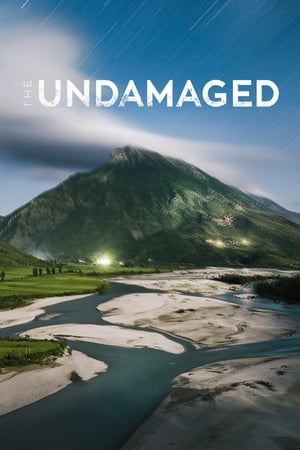 0.0
0.0The Undamaged(sl)
The Balkans cradles Europe's last wild rivers and supports abundant wildlife and healthy, intact ecosystems. These rivers are "The Undamaged" – clean, pristine, and undammed. With over 2,700 small and large hydro power plants planned or under construction in the Balkans, corruption and greed are destroying the last free-flowing rivers of Europe. Follow the Balkan Rivers Tour, a rowdy crew of whitewater kayakers, filmers, photographers and friends who decided to stand up for the rivers, travelling from Slovenia to Albania for 36 days, kayaking 23 rivers in 6 countries to protest the dams and show the world the secret wild rivers of the Balkans. The film honours everyday people and local activists who are fighting to defend rivers and aims to spread the word of the plight of these rivers, showing a new style of nature conservation that is fun, energetic and effective.
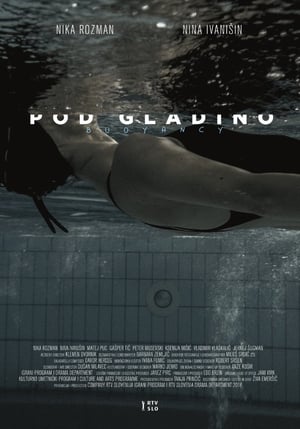 9.0
9.0Under Still Waters(sl)
Young lawyer Rebeka is given a case involving the murder of a production designer, and the main suspect is her childhood friend Jana. What first seems like a very straightforward case gradually reveals the dark sides, mysterious depths and stray ways of human nature.
Trieste Is Ours!(sl)
In 2009, a group of military enthusiasts led by the commander France (Gojmir Lešnjak - Gojc) decides to occupy Trieste. The group that stages battles performs it at a completely fictional location. However, this hobby is not to the liking of France's wife Marija (Silva Čušin) and his daughter Mateja (Anja Drnovšek). The daughter as a representative of the young generation has no understanding of her father's enthusiasm for partisans, battles and Tito. France is also confronted by the Slovenian police led by the commander Brane (Dario Varga) as Brane forbids France to stage any more battles ... Will the young generation accept our history and will Trieste be ours?
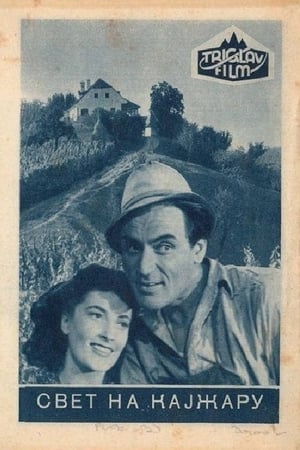 0.0
0.0Life in Kajzar(sl)
A post-WW2 story about the village largely involved in wine-making business. The peasants who claimed possessions of lands, woods, and churches after communist party seized the power hold a party where a member of so-called reactionary forces (kulaks, clergy and Axis collaborators) tries to break in and stop it.
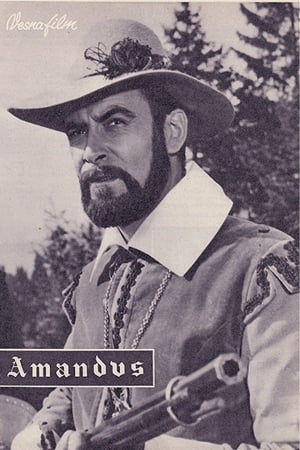 0.0
0.0Amandus(sl)
The film is based on a novel by Ivan Tavcar and was adapted for the screen by Andrej Hieng. It is set at the end of the 17th century in the area that is now Slovenia at a time of religious intolerance with Amandus, a Catholic priest, determined to persecute local Protestants.
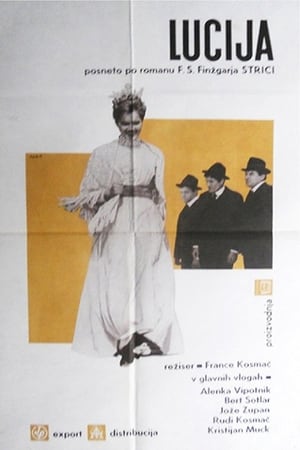 0.0
0.0Lucia(sl)
A melodramatic story of Lucia, who serves as a charwoman on the Podlogar family's rich farm, and makes a fuss among householder's sons, as she becomes pregnant with one of them. A decision on whether one should be forced into marriage with the pregnant charwoman and her child, ends tragically. Will Lucia be able to sustain psychological pressure, contempt and pity of the Podlogar brothers?
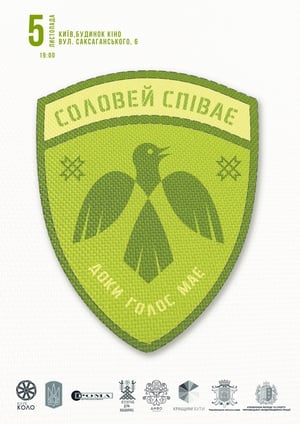 8.5
8.5The Nightingale Sings(uk)
The movie explores the origin of the Ukrainian language and persecution of those who defended its authenticity. Using examples of other countries, creators of the film prove that a nation cannot exist without a language.
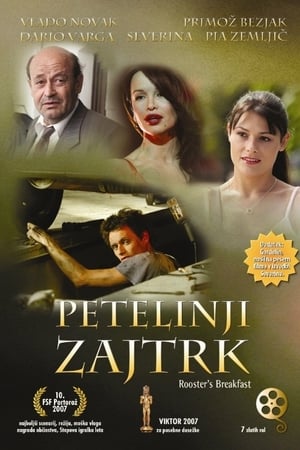 7.0
7.0Rooster's Breakfast(sl)
After being fired, a young car mechanic Đuro gets recommendation to look for another job in a remote village. His new boss is warm, old fashioned and naive - completely opposite from the world he's coming from. The peaceful atmosphere is shaken when Đuro falls for a regular customer's wife.
 7.8
7.8Coup 53(en)
Tehran, Iran, August 19, 1953. A group of Iranian conspirators who, with the approval of the deposed tyrant Mohammad Reza Pahlavi, have conspired with agents of the British MI6 and the US CIA, manage to put an end to the democratic government led by Mohammad Mosaddegh, a dramatic event that will begin the tragic era of coups d'état that, orchestrated by the CIA, will take place, over the following decades, in dozens of countries around the world.
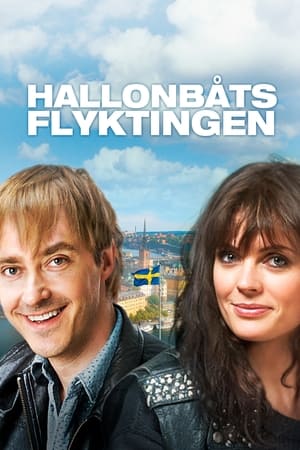 4.9
4.9Raspberry Boat Refugee(sv)
Mikko Virtanen feels like a Swedish soul trapped in a Finnish body. Full of disgust for everything Finnish, he sees Sweden as heaven. Upon meeting a suicidal Swedish psychologist Mikael Anderson, he seizes an opportunity for an identity switch. Raspberry Boat Refugee is a comedy about cultural differences in the Nordic countries, their nationalism and, not least, prejudices about our neighbours. It also proves how futile it is to try to escape oneself.
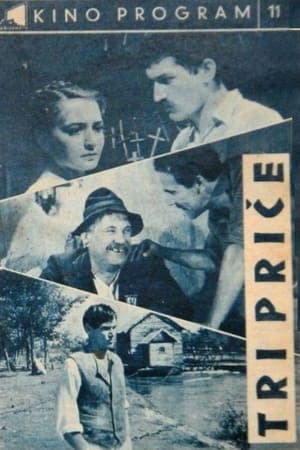 0.0
0.0Three Stories(sl)
Three stories connected by the motifs of water and death told in neorealist style.
 6.8
6.8The Miner(sl)
2009, Slovenia. For 30 years, Alija, the miner, has been one of the many Bosnian immigrant workers. Due to the crisis, miners are losing jobs. Alija is sent to check an abandoned mine. His task is to quickly make sure the mine is empty before management sells the company. But in the mine, Alija finds hidden proof of executions after WWII. He is told to stop digging and report the mine empty. He decides to continue, although he is risking his job. Alija discovers thousands of executed people. He informs the police. He found women among the dead. Some of them were civilians, missing persons, just like his sister that was lost in the 1995 genocide in Bosnia. Alija is convinced the victims need to be brought out, identified and buried. But there is no interest in doing that. The mine is proclaimed a WWII military grave and walled in. The dead will stay unburied. Alija loses his job and struggles to preserve his dignity.
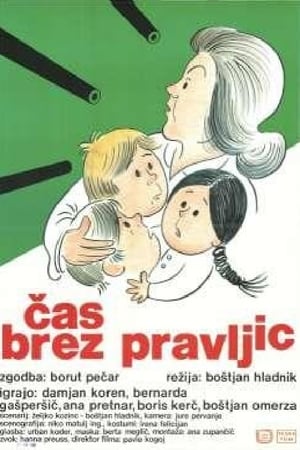 0.0
0.0Times Devoid of Fairy Tales(sl)
A coming-of-age story set in Slovenian town during WW2.
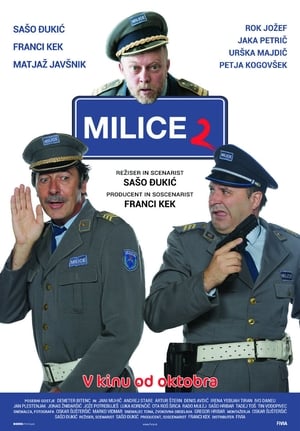 0.0
0.0Policemen 2(sl)
Two "milice" officers Janez and Franci are back after 20 years. This time they have to deal with Czech mafia and their leader Franta.
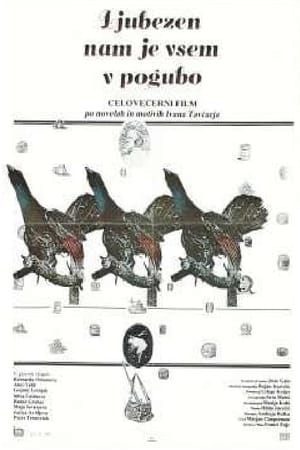 0.0
0.0Love Is the Ruin of Us All(sl)
At the end of the last century hunters who hunted wild roosters, while waiting for prey to show up, were killing time with storytelling. The first story is about Jernac that had a fight with Tomas because of Rezika. Another story tells about Tincek, limp foundling, who spent his youth with the Komar family, where he fell in love with their Lencka. The third is the story of a rich Miholac whose attention was grabbed by poor Polonca, a romance that was opposed by his father. The central theme of all stories is love that eventually everybody die of.
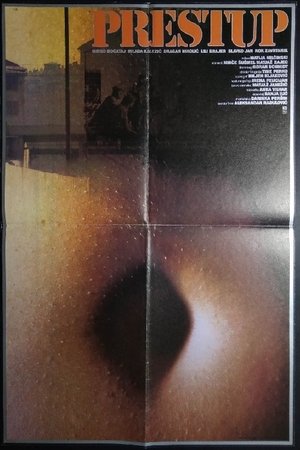 0.0
0.0Transgression(sl)
A TV journalist making a documentary in a factory finds out that the workers have been on strike and tries to analyze the strike in his film, but is thwarted by the TV company. His failure at his job is interwoven with his failed marriage.
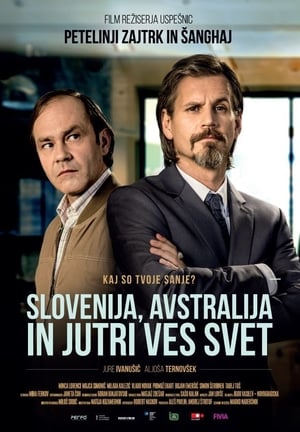 4.0
4.0Slovenia, Australia and Tomorrow the World(sl)
Slovenia, Australia and Tomorrow the World is a drama film with elements of comedy. The central character Boris works as a machinery maintenance man in a factory, hoping that his work and efforts will be awarded in the future. And indeed, he is given an opportunity by Cosmica, a company providing door-to-door sales and counselling services as well as investment in securities.
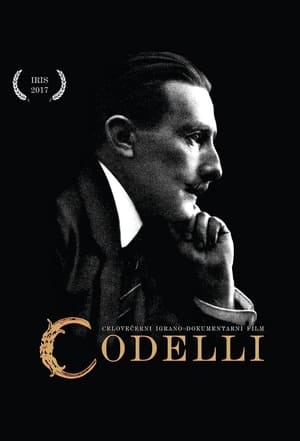 0.0
0.0Codelli(sl)
Codelli is a feature-length docudrama about a little-known film project by Slovenian inventor Baron Anton Codelli. Together with filmmaker and adventurer Hans Schomburgk he filmed in Togo in 1914 the first live-action film in Africa, which possibly inspired James Rice Burroughs for his novel on Tarzan. In the company of three Codelli’s descendants and actor Primož Bezjak, we traced the fate of Codelli’s film, brought the remains from Togo and Berlin to Ljubljana and used the Green Screen technology to bring to life 15 live-action scenes based on 600 Codelli’s museum photographs.
